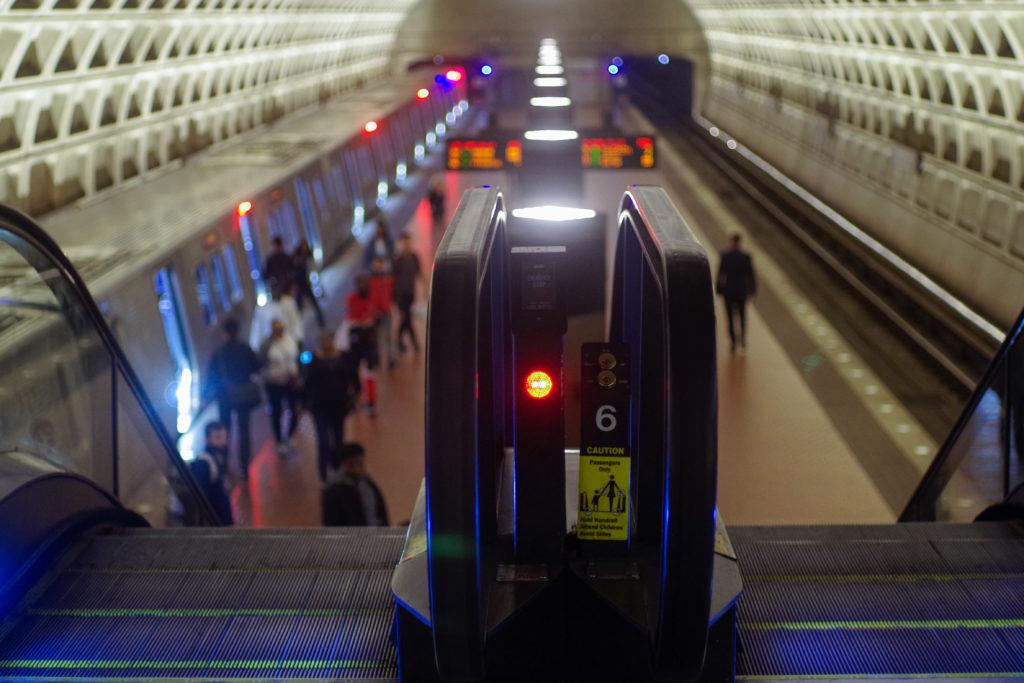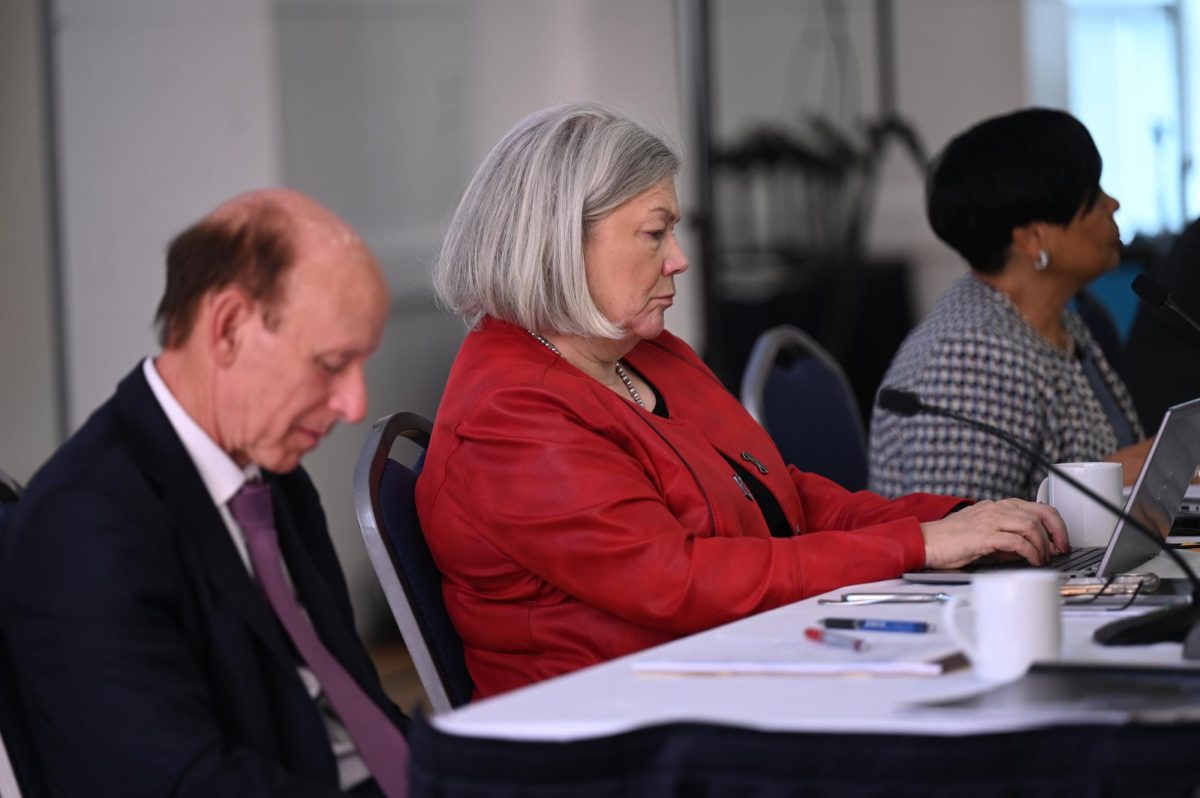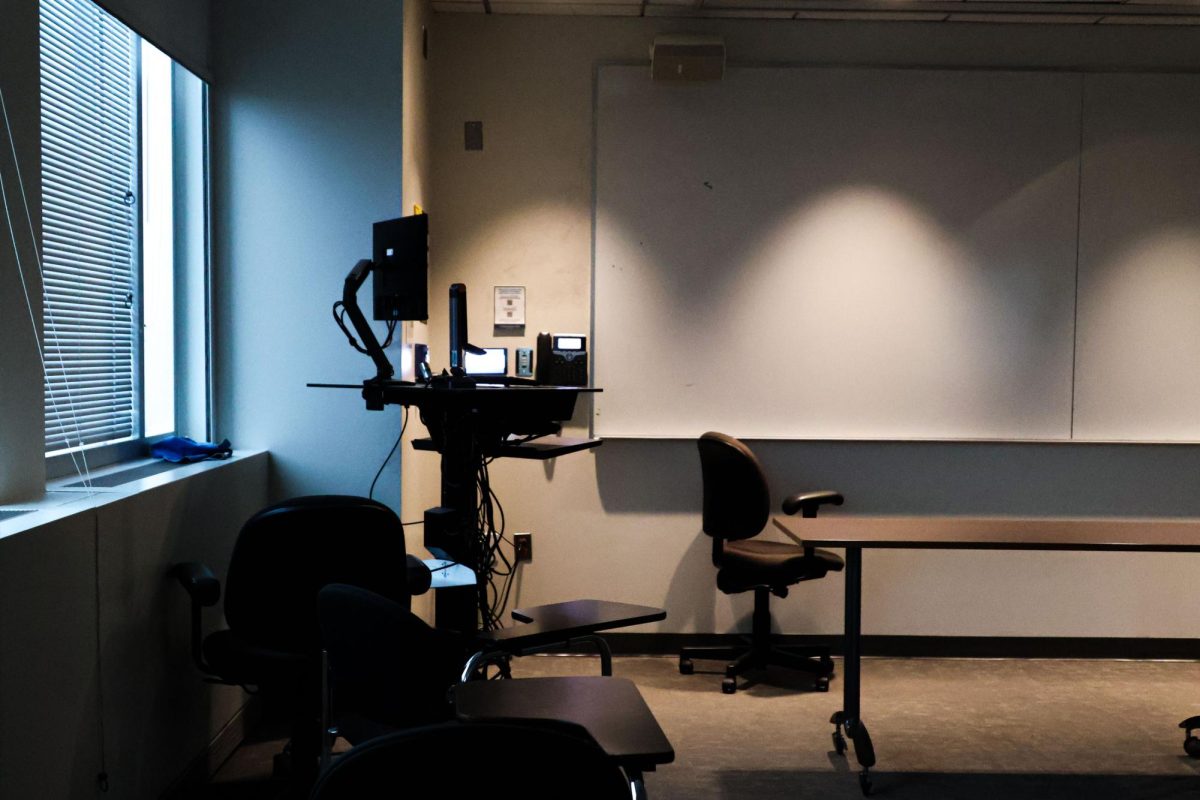As CARES Act funding expires Friday, Metro officials are bracing for the effects of the COVID-19 pandemic to drive the agency into a deeper “financial crisis” burdened by revenue loss in the months ahead.
Paul Wiedefeld, Metro’s CEO and general manager, said at a news conference Tuesday that the agency has been losing about $2 million every weekday since March, even though operators continued to run trains and buses thanks to CARES Act funding. Wiedefeld said he expects fare revenues to drop 90 percent as the federal government strips away the agency’s funding that totaled $767 million earlier this year.
“The reality is that, without additional federal funds, we are left with some very difficult choices to deal with a looming financial crisis that run counter to the economic recovery we all want,” Wiedefeld said in a release.
He said in the release that Metro officials have used CARES Act funding to continue staff employment and protect operators with revised work schedules and “rear door boarding” to prevent exposure to the coronavirus. The federal funding has also allowed officials to ramp up service to “pre-COVID levels” in recent months to accommodate riders returning to work as the District started to reopen back in June.
“Thanks to the passage of the Cares Act by Congress in the spring, federal funds together with management reductions have enabled Metro to provide critically needed service for essential trips during the peak of the virus,” Wiedefeld said.
Metro officials announced last Thursday that they would continue to increase train and bus services in August, expanding hours later into the night and resuming peak times that circulate trains through stations every eight minutes.
The American Public Transportation Association requested Congress to sign off on an additional $32 billion relief package to keep public transit agencies like Metro up and running through the oncoming months of the pandemic, WAMU reported Wednesday. The report states that Metro ridership has dipped 90 percent on trains and 70 percent on buses, a decline that has bred a $62 million loss from March through May.








